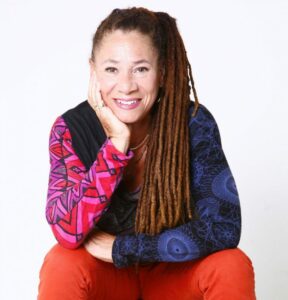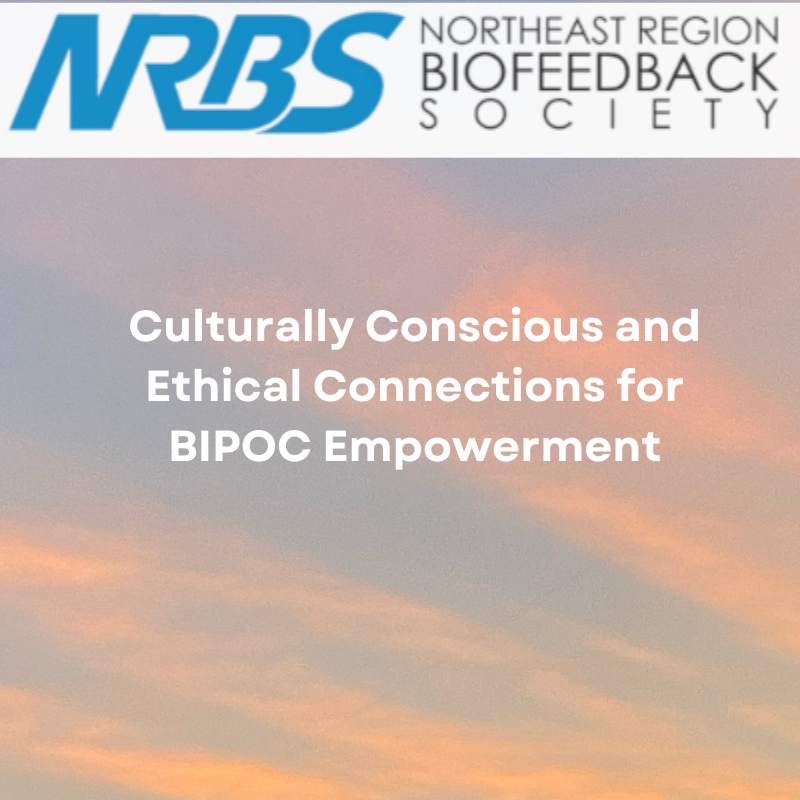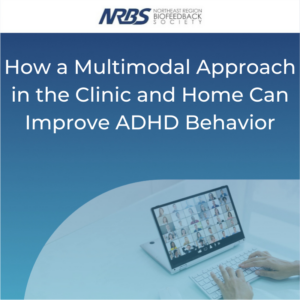Description

Culturally Conscious and Ethical Connections for BIPOC Empowerment
Presented by Mela Berger
May 2nd, 2024 @12-1pm ET
Description: TBD
Learning Objectives: TBD
Diversity statements: TBD
Presenter’s Biography: Mela Berger brings over 40 years of training and experience to her practice, specializing in The Rolf Method of Structural Integration, Wellness Coaching, Food/Nutrition, Emotional Balancing, and Movement. She holds the position of founder and director at The International Institute Of Healing & Cultural Arts. Her credentials are distinguished and include certification by the International Association of Trauma Professionals, board certification by the National Certification Board of Therapeutic Massage and Bodywork, and she is a proud graduate of The Arizona Trauma Institute, International Professional School of Bodywork, International Academy of Neuromuscular Therapy, and the National Academy of Sports Medicine. In addition, her academic achievements are complemented by her education at the United States International University, San Diego Mesa College, and the University of San Diego. Further solidifying her expertise in her field, she serves on the Board of Directors of the International Association of Structural Integrators. Additionally, Mela Berger is also the Chair of 100% Humane International, a charity dedicated to providing low and no-cost therapy, registered in both the United States and Barbados.




